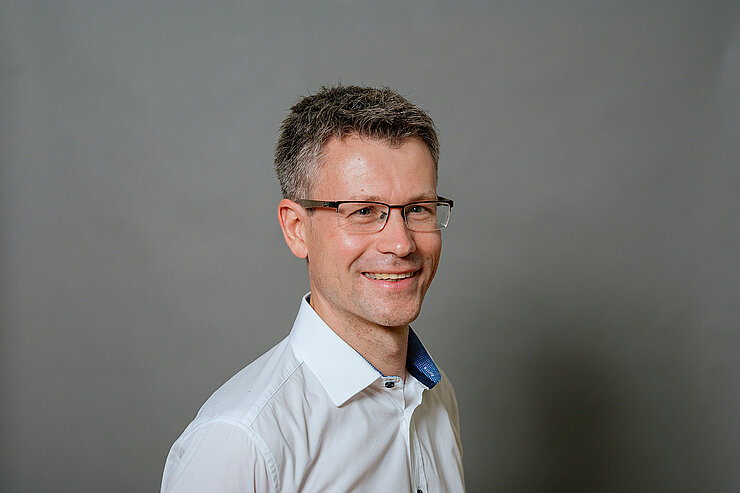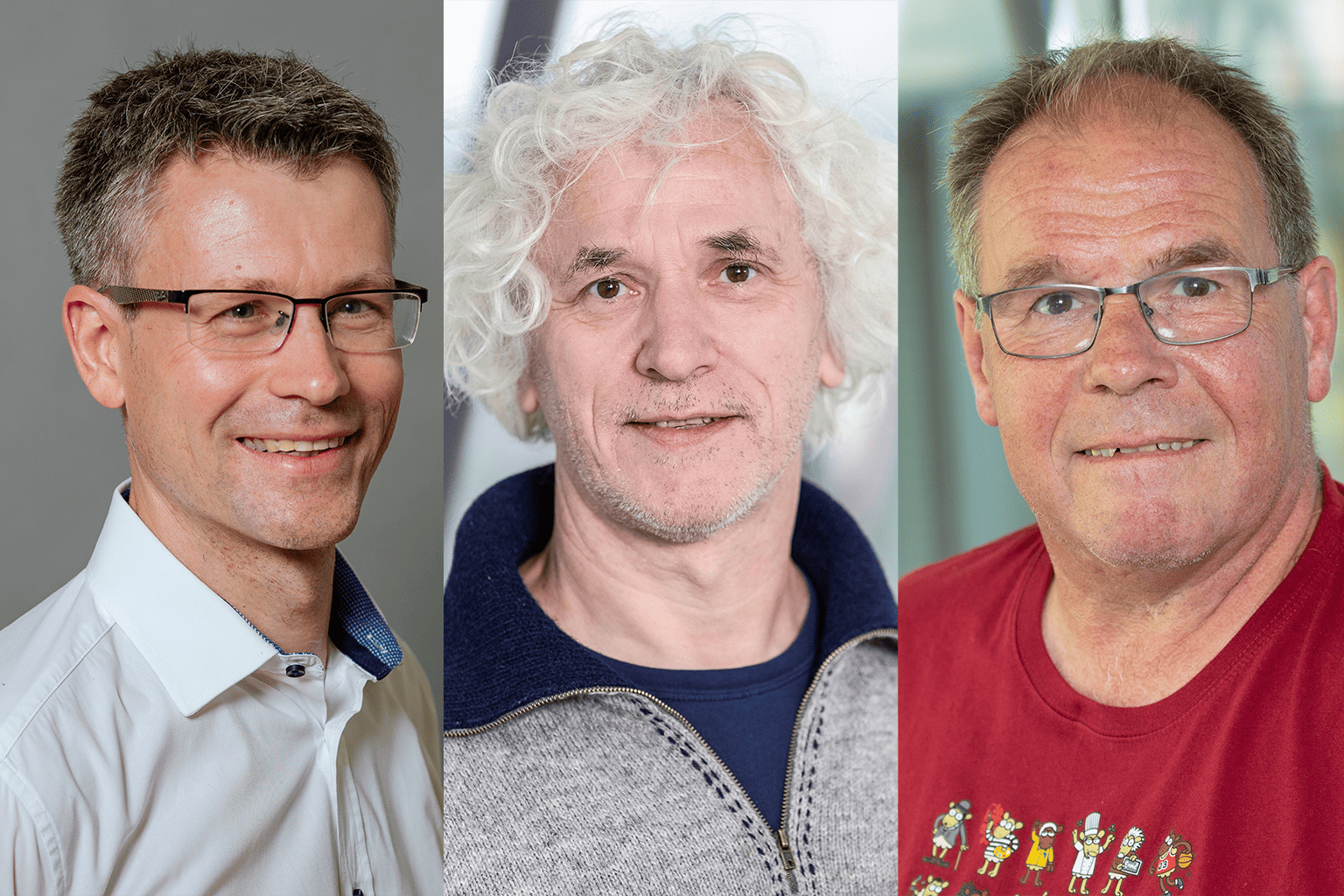
Clinical Bioinformatics

Our Research
The Department of Clinical Bioinformatics group focuses on computational methods for the analysis of nucleic acids, primarily RNAs. One focus of the research is on the regulatory mechanisms of non-coding RNAs and the impact of various influencing factors on the spatially and temporally resolved single-cell transcriptome. Based on the experience in modeling regulatory influences, the interaction of bacteria with humans is also investigated. Here, the exchange of information and material between commensal and pathogenic bacteria and their host is considered. The aim is to find new producers of natural products that can serve as a basis for the development of new active substances. The medical focus is to better understand and influence aging processes and neurodegenerative diseases of old age such as Alzheimer's and Parkinson's disease.
Our Research
The Department of Clinical Bioinformatics group focuses on computational methods for the analysis of nucleic acids, primarily RNAs. One focus of the research is on the regulatory mechanisms of non-coding RNAs and the impact of various influencing factors on the spatially and temporally resolved single-cell transcriptome. Based on the experience in modeling regulatory influences, the interaction of bacteria with humans is also investigated. Here, the exchange of information and material between commensal and pathogenic bacteria and their host is considered. The aim is to find new producers of natural products that can serve as a basis for the development of new active substances. The medical focus is to better understand and influence aging processes and neurodegenerative diseases of old age such as Alzheimer's and Parkinson's disease.
Prof Andreas Keller
Bioinformatics and the use of computers and artificial intelligence are already an integral part of drug development today. They are a basis for new insights and innovative solutions that make the next generation of medicines possible.

Andreas Keller studied bioinformatics at Saarland University in Saarbrücken from 2002 to 2005, and completed his doctoral studies in bioinformatics by 2009. Following this, he transitioned to industry and worked, among others, for Siemens Healthineers until 2013. In Erlangen, he led the Diagnostic Innovations group while also completing his habilitation in human genetics at Saarland University Hospital. Since 2013, Keller has been a Full Professor of Clinical Bioinformatics at Saarland University, and has been associated with HIPS since 2018. From 2019 to 2021, he served as a Visiting Professor at Stanford University in California. Since 2022, in addition to his university professorship, he has also been heading the department of Clinical Bioinformatics at HIPS.
Keller's research focuses on using computer-assisted methods to analyze RNAs. One area of research is on the regulatory mechanisms of non-coding RNAs, as well as the effect of various influencing factors on the single-cell transcriptome, which is resolved in both time and space. Based on his experience in modeling regulatory influences, Keller has dedicated his HIPS department to studying the interaction of bacteria with humans. In this research, he explores the exchange of information and material between commensal and pathogenic bacteria, as well as their host. The goal is to find new producers of natural products and identify new natural products, which can serve as a starting point for the development of new active substances. From a medical point of view, his research aims to better understand and influence the aging process, as well as neurodegenerative diseases such as Alzheimer's and Parkinson's.
Selected Publications
Wagner V, Kern F, Hahn O, Schaum N, Ludwig N, Fehlmann T, Engel A … und Meese E, Quake S, Wyss-Coray T, Keller A. Characterizing expression changes in noncoding RNAs during aging and heterochronic parabiosis across mouse tissues. Nat Biotechnol. 2023 Apr 27. doi: 10.1038/s41587-023-01751-6
Iram T, Kern F, Kaur A, Myneni S, Morningstar AR, Shin H, Garcia MA, Yerra L, Palovics R, Yang AC … und Keller A, Zuchero JB, Wyss-Coray T. Young CSF restores oligodendrogenesis and memory in aged mice via Fgf17. Nature. 2022;605(7910):509-15. doi: 10.1038/s41586-022-04722-0
Palovics R, Keller A, Schaum N, Tan W, Fehlmann T, Borja M, Kern F, Bonanno L, Calcuttawala K, Webber J, McGeever A, Tabula Muris C … und Quake SR, Wyss-Coray T. Molecular hallmarks of heterochronic parabiosis at single-cell resolution. Nature. 2022;603(7900):309-14. doi: 10.1038/s41586-022-04461-2
Yang AC, Vest RT, Kern F, Lee DP, Agam M, Maat CA, Losada PM, Chen MB, Schaum N, Khoury N … und Keller A, Wyss-Coray T. A human brain vascular atlas reveals diverse mediators of Alzheimer's risk. Nature. 2022;603(7903):885-92. doi: 10.1038/s41586-021-04369-3
Yang AC, Kern F, Losada PM, Agam MR, Maat CA, Schmartz GP, Fehlmann T, Stein JA … und Ludwig N, Schulz-Schaeffer WJ, Keller A, Wyss-Coray T. Dysregulation of brain and choroid plexus cell types in severe COVID-19. Nature. 2021;595(7868):565-71. doi: 10.1038/s41586-021-03710-0
A complete list of publications can be found on the HIPS website





